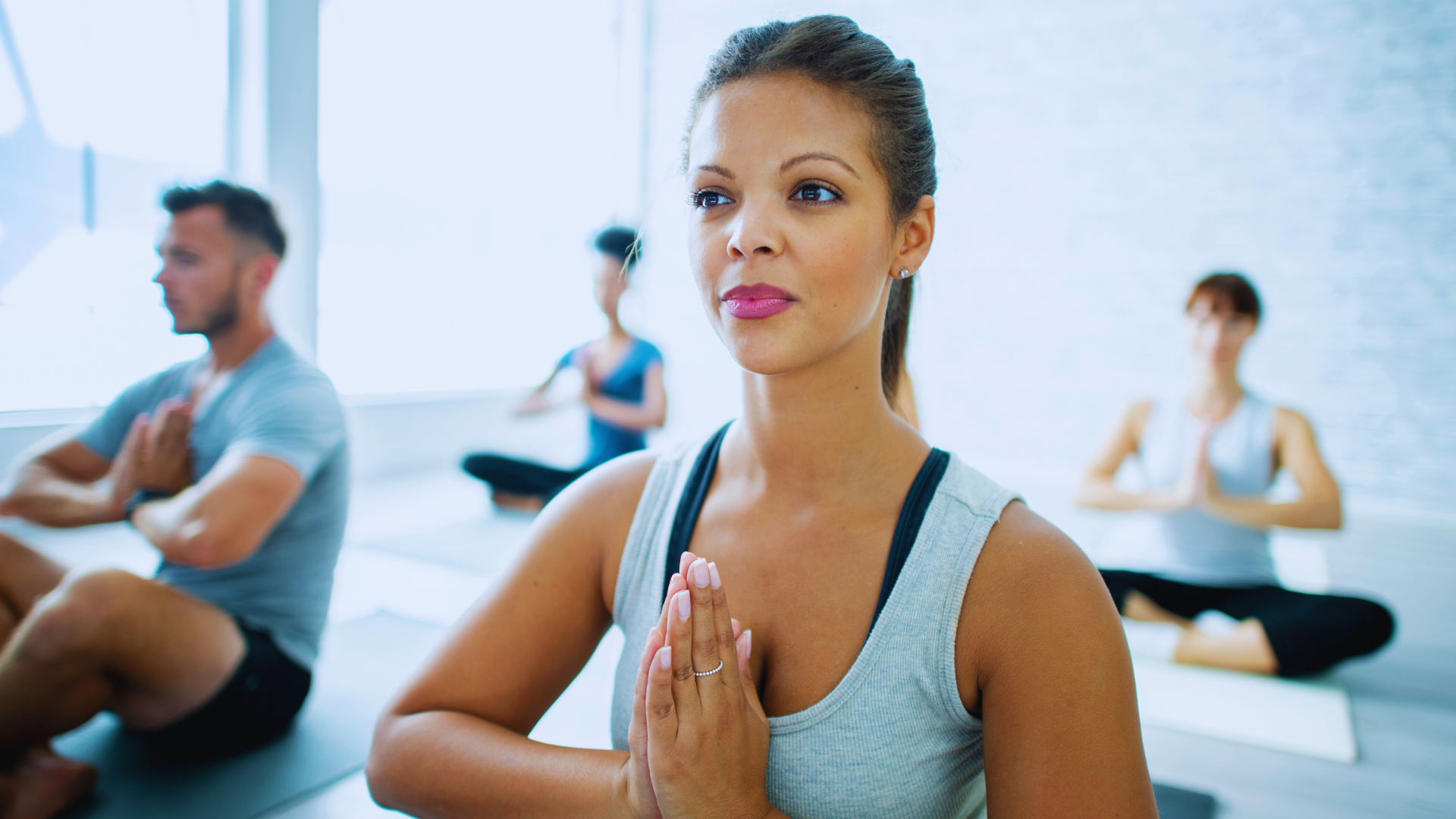
In today’s fast-paced world, self-care has become essential for maintaining well-being. Practicing self-care improves mental, physical, and emotional health, ultimately enhancing overall quality of life. Individuals often overlook these vital aspects while navigating their daily responsibilities, leading to imbalance and stress.
A balanced approach to self-care allows for greater self-awareness and cultivates a healthier lifestyle. Simple activities, such as mindfulness practices, exercise, and quality leisure time, can significantly impact one’s state of mind and body. Making time for self-care not only nurtures the individual but also fosters healthier relationships with others.
Investing in self-care is an investment in a better future. By prioritizing self-care, individuals can enhance their resilience and ability to cope with life’s challenges, leading to a more fulfilling existence.
Understanding Self-Care
Self-care encompasses a range of practices aimed at maintaining and enhancing well-being. It plays a critical role in mental, emotional, and physical health, providing individuals with essential tools to manage stress and cultivate balance in their lives.
The Pillars of Self-Care
Self-care is built on several key pillars that support holistic wellness. These pillars include:
- Physical Self-Care: Engaging in regular exercise, maintaining a nutritious diet, and prioritizing sleep. These actions boost energy levels and improve physical health.
- Emotional Self-Care: Involving practices that address emotions and mental health, such as journaling, therapy, or mindfulness activities. These strategies help in recognizing and processing feelings.
- Spiritual Self-Care: Engaging in activities that provide a sense of purpose or connection, like meditation, spending time in nature, or exploring personal beliefs. This fosters inner peace and personal growth.
Creating a Personal Self-Care Plan
Developing a self-care plan requires intentionality and reflection. It begins with identifying personal needs and priorities. Key steps include:
- Assess Current Practices: Evaluate existing self-care habits and their effectiveness. Knowing what works helps streamline efforts.
- Set Specific Goals: Define measurable self-care goals that encompass all pillars, such as scheduling regular workouts or setting aside time for meditation.
- Incorporate Variety: Use a self-care wheel to explore diverse strategies. This ensures a balanced approach and reduces monotony in routines.
- Schedule Self-Care: Treat self-care activities as important appointments. Regularly set aside time each week to engage in these practices. This fosters commitment and consistency.
By focusing on these elements, individuals can create a practical and effective self-care plan tailored to their specific needs.
Managing Stress and Enhancing Relaxation
To effectively manage stress and promote relaxation, incorporating specific techniques into daily routines can be beneficial. This section explores methods that target both immediate stress relief and long-term relaxation.
Techniques for Stress Relief
Various techniques can aid in reducing stress levels. Breathing techniques are particularly effective; deep, slow breaths can lower heart rates and induce calmness. Practicing mindfulness through focused attention on the present moment helps mitigate anxiety and fosters relaxation.
Aromatherapy also plays a significant role. Essential oils like lavender or chamomile can create a soothing atmosphere, reducing feelings of stress and promoting a sense of well-being.
Incorporating regular physical activity can further alleviate stress by releasing endorphins, which enhance mood. Simple exercises like walking or yoga can make a notable difference in daily stress management.
The Role of Sleep and Meditation
Sleep is crucial for stress management. Insufficient sleep can heighten stressors and lead to burnout. Establishing a consistent sleep schedule enhances both quality and quantity of sleep, enabling better processing of stressors.
Meditation serves as an effective practice for relaxation. Techniques such as guided imagery or mindfulness meditation can lower anxiety and enhance overall well-being. Regular meditation fosters resilience against stress by training the mind to respond calmly to challenges.
Together, proper sleep and meditation equip individuals with essential tools to manage stress and enhance overall relaxation.
Physical and Emotional Well-Being
A balanced approach to both physical and emotional self-care enhances overall wellness. Prioritizing exercise, nutrition, and emotional health leads to improved energy levels and self-esteem.
Exercise and Movement
Regular exercise is essential for maintaining physical health. Engaging in aerobic activities, such as walking, running, or swimming, increases cardiovascular fitness and boosts energy.
Incorporating strength training helps build muscle, which can improve metabolism. Activities like yoga enhance flexibility and reduce stress.
Establishing a routine with consistent movement, even in small increments, proves beneficial. Individuals can aim for at least 150 minutes of moderate-intensity exercise weekly to encourage optimal physical health.
Nutrition and Hydration
Nutrition plays a pivotal role in physical well-being. A balanced diet, rich in fruits, vegetables, whole grains, and lean proteins, provides essential nutrients.
Hydration is equally vital; drinking sufficient water supports bodily functions and enhances energy levels. Guidelines recommend approximately 2 to 3 liters of water daily, depending on individual needs.
Incorporating a variety of foods ensures a diverse intake of vitamins and minerals, contributing to improved self-compassion and well-being. Individuals should also aim to limit processed foods and added sugars to maintain optimal physical health.
Importance of Emotional Self-Care
Emotional self-care significantly impacts overall health. It involves recognizing and responding to emotional needs through self-compassion and mindfulness practices.
Activities such as journaling, meditation, or therapy provide outlets for expressing feelings. These practices foster resilience, reduce stress, and promote higher self-esteem.
Prioritizing emotional well-being leads to improved relationships and enhanced life satisfaction. Regularly engaging in these practices supports a holistic view of wellness, essential for navigating everyday challenges.
Building a Supportive Self-Care Routine
Creating a self-care routine involves nurturing social connections, defining personal boundaries, and embracing leisure activities. It is essential to integrate these elements to enhance well-being and life satisfaction.
Incorporating Social and Spiritual Well-Being
Strong relationships foster emotional support and contribute significantly to a fulfilling life. Engaging with friends and family can provide a sense of belonging. Regular check-ins with loved ones, whether through calls or in-person meetings, enrich these bonds.
Additionally, spiritual well-being plays a critical role. This does not necessarily require religious affiliation but can include practices such as meditation or mindfulness. Engaging in community activities or volunteer work connects individuals to something larger, encouraging gratitude and shared purpose.
Setting Boundaries and Saying No
Establishing clear boundaries is vital for personal well-being. It allows individuals to prioritize their needs without feeling overwhelmed. Learning to say no is an essential skill that helps protect time and energy.
Identifying sources of stress is the first step. By evaluating commitments, individuals can discern which activities align with their values and goals. Utilizing assertive communication can enable one to decline requests respectfully and firmly, allowing for more time for essential self-care.
The Importance of Leisure and Hobbies
Leisure activities and hobbies provide a necessary break from day-to-day stressors. Engaging in enjoyable pastimes fosters creativity and relaxation. This can range from reading, gardening, or engaging with pets, to more active pursuits like sports or dance.
Exploring new hobbies can also reignite passion and joy in life. Setting aside dedicated time for these activities encourages individuals to unwind and recharge. Regularly allocating time for leisure not only enhances happiness but also reinforces a balanced self-care routine.



